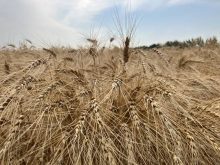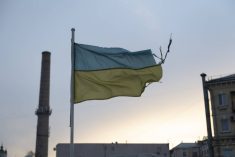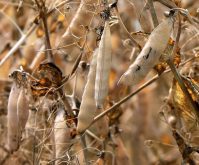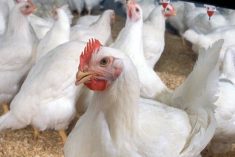Moscow | Reuters — The Russian agricultural watchdog has banned imports of sunflower and corn seeds from companies in Chile, France, Hungary, and Turkey, it said on Thursday, in line with Moscow’s policy to reduce dependency on seed imports.
Over the last decade, Russia has become a major agriculture exporter and is striving to become a global agricultural superpower. However, it remains reliant on seed imports, primarily from Western countries.
In November, the Russian Agriculture Ministry said it planned to gradually decrease seed imports from Western countries.
Read Also
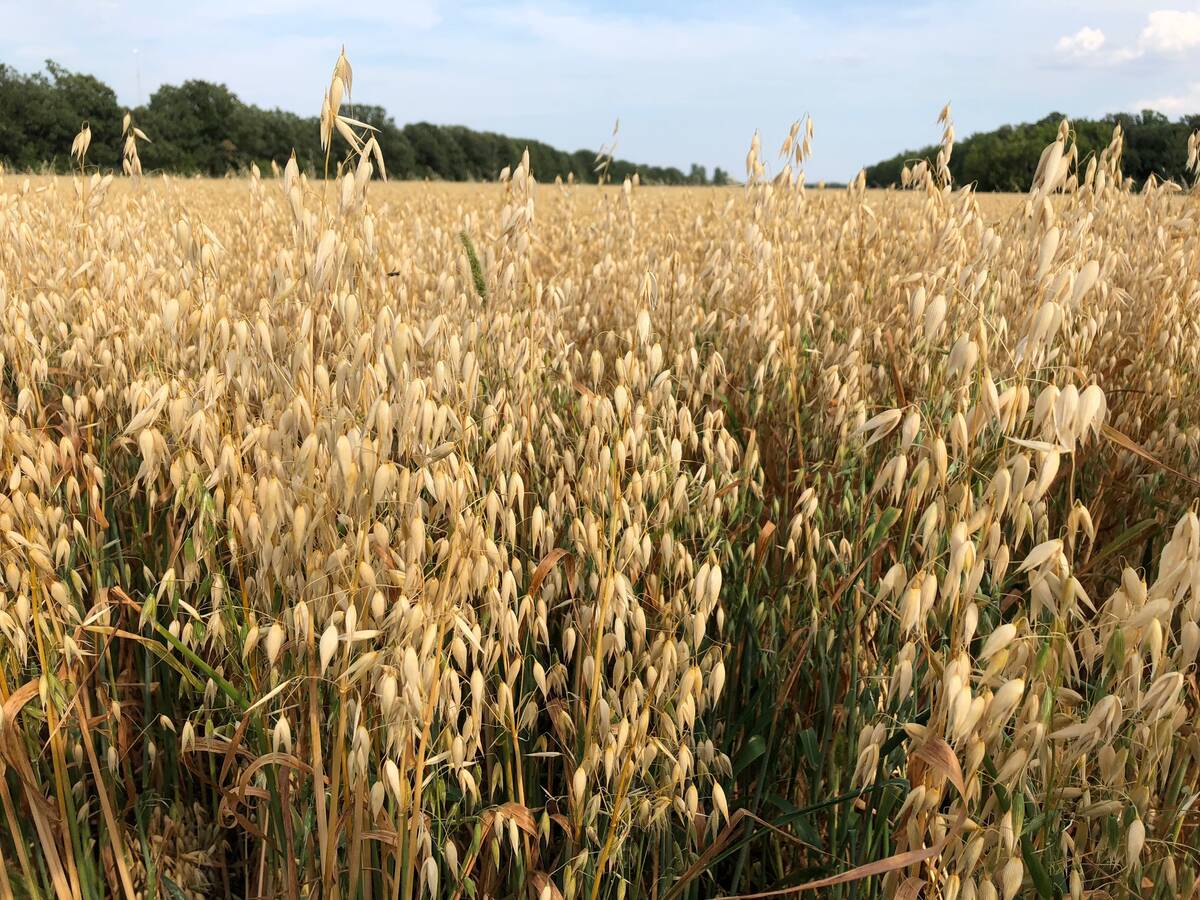
Big oat crop in 2025/26 pointing to less acres next year
Oat acres in Canada are likely to recede this spring with cash prices to remain low, said Scott Shiels, grain procurement manager for Grain Millers Canada in Yorkton, Sask.
The national food security strategy mandates that domestically produced seeds to constitute 75 per cent of total demand, and while figures vary depending on the seed type, they are significantly below this target. The lowest share if domestically produced sugar beet seeds, which stands at 8 per cent.
The watchdog attributed the ban on one company in each of the four countries to the discovery of pests such as sunflower phomopsis, corn leaf spot, and the brown marmorated stink bug in imported seeds.
The targeted companies are the Hungarian unit of the agrichemicals and seeds group Syngenta, which is Chinese-owned and integrated into Sinochem Holdings Corp, France’s Lidea, Turkey’s GLS Tohumculuk and Chile’s Pinto Piga Seeds.
In 2023, Russia introduced import quotas for sunflower and corn seeds, but these quotas were not fully enforced this year as Russian farmers have switched to domestically produced seeds.
— Reporting by Olga Popova and Gleb Bryanski



